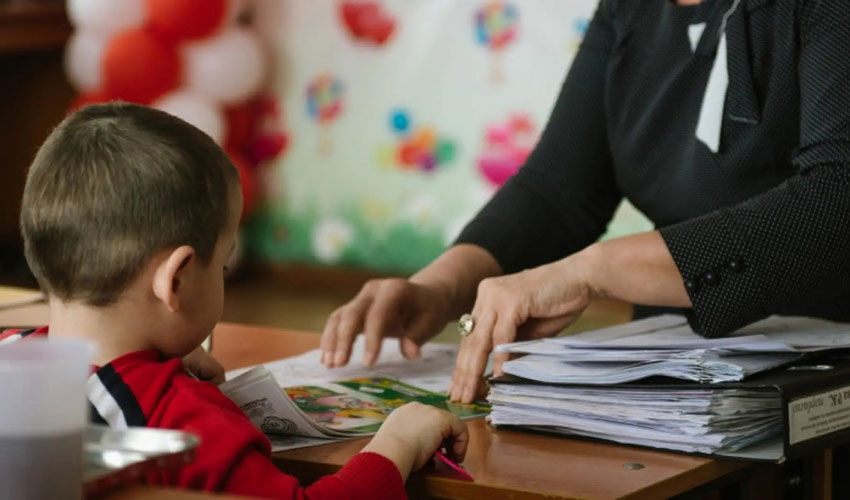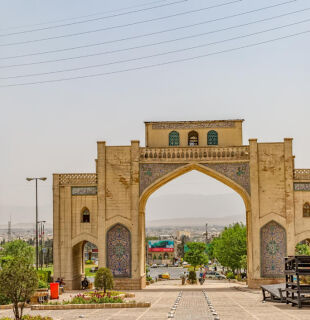
The state and partners are seeking to actively develop professional foster parent services. There are currently 462 such services in the country, placing 860 children, but approximately 200 additional services of this kind are needed. Specially trained professionals are needed to work with particularly vulnerable children who need a more individualized approach. And it is not just the financial incentive that is important – it is the training, help and support of professional parents at all stages of their work. Children in need of specialized care face limited access to these services, most often due to a lack of resources and insufficiently qualified professionals.
“The first step is to identify people who are ready to become professional parents. A professional foster parent is someone who receives a paycheck from the state. However, it is much more than just an employee – 24 hours a day he gives his soul to the child in his care,” Anastasia Gruzin, deputy head of department at the Ministry of Labor and Social Protection, told public radio.
Once such people are identified, education, training and assessment begins to see how many are ready to take on the role. There is a trend: many people want to become professional parents, but do not fully understand what it requires in the end, what obligations and requirements there are.
Viorica Dumbreveanu, UNICEF expert: “We often say that being a parent is a responsibility, but is there a ‘school of parents’? What does it mean to be a parent? It is necessary to introduce measures to strengthen the support network for professional foster parents at the community level. After all, the same negative consequences that children experience in residential institutions can also occur when they live with a caregiver who takes care of the child 24 hours a day and eventually faces professional and emotional burnout.”
According to Liliana Rotaru, President of the CCF Moldova Association, when it comes to people’s desire to become professional parents, the financial problem is taken into account, which remains a rather important factor. With a small child or with a child with special needs it is impossible to work somewhere else. And the second is the need for community-based services – kindergartens, nurseries. But there also needs to be more awareness raising efforts to find these professional parents. It is most difficult to find professional foster parents in big cities, where there is high competition in the labor market and a lot of employment opportunities in other spheres.
In RM, in order to become a professional foster parent, it is necessary to go through several steps. The first step is to submit an application to the authorized service. Then, the candidate will undergo an initial assessment, which includes an interview and psychological testing. Next, a 50-hour initial training course is required. Then the Commission for the Protection of Children’s Rights evaluates the candidate’s competencies and authorizes the appointment. In case of a positive decision, an employment contract is signed with the service provider. It is also necessary to take refresher courses (at least 30 hours per year) to maintain professional skills.
Experts consider it necessary to revise the legislative and regulatory framework, minimum standards, funding norms and methodology for the provision of professional foster parents. This is primarily necessary to ensure that the service reaches particularly vulnerable children with severe disabilities and emotional problems, as well as to ensure the financial sustainability of the service.













